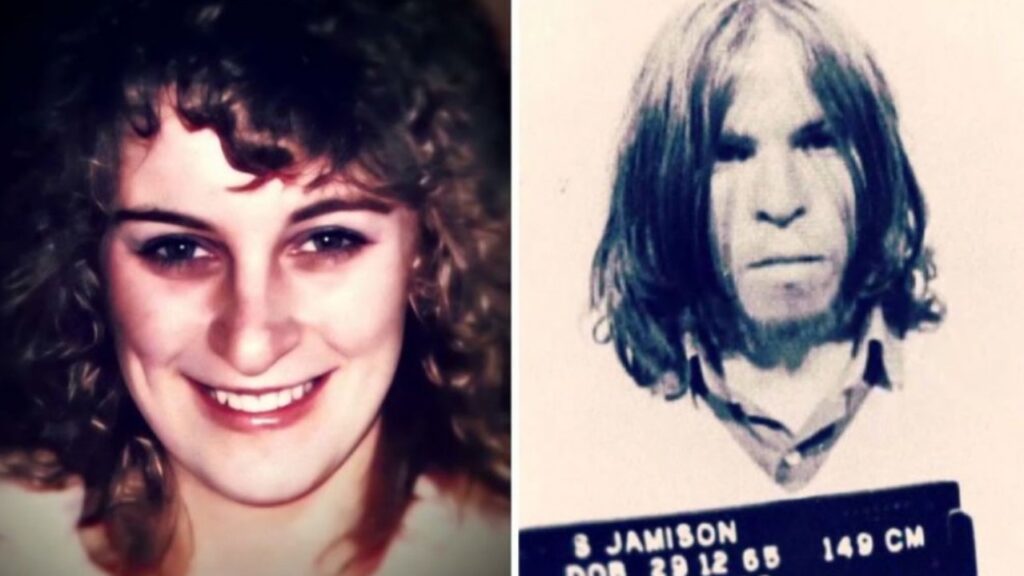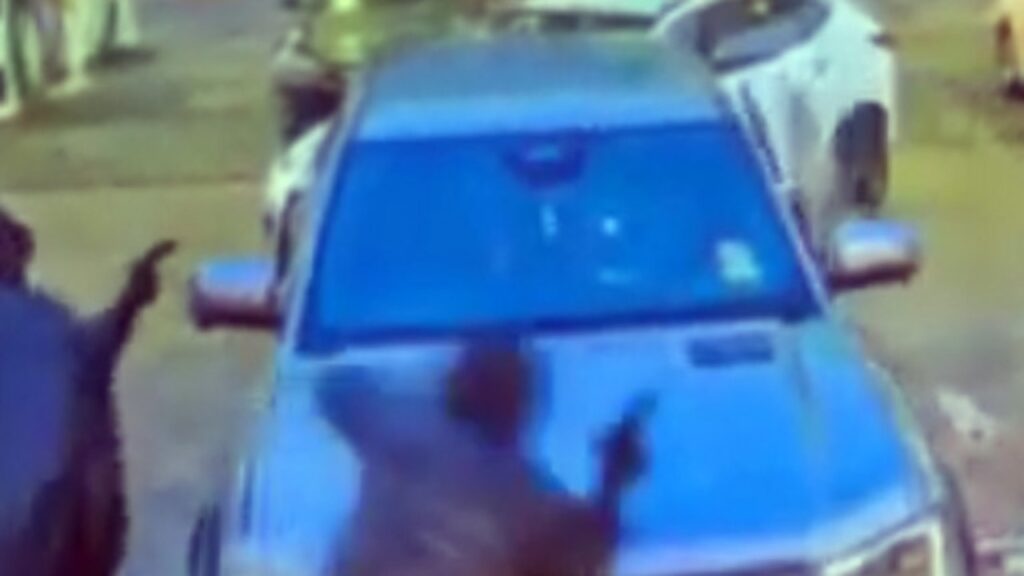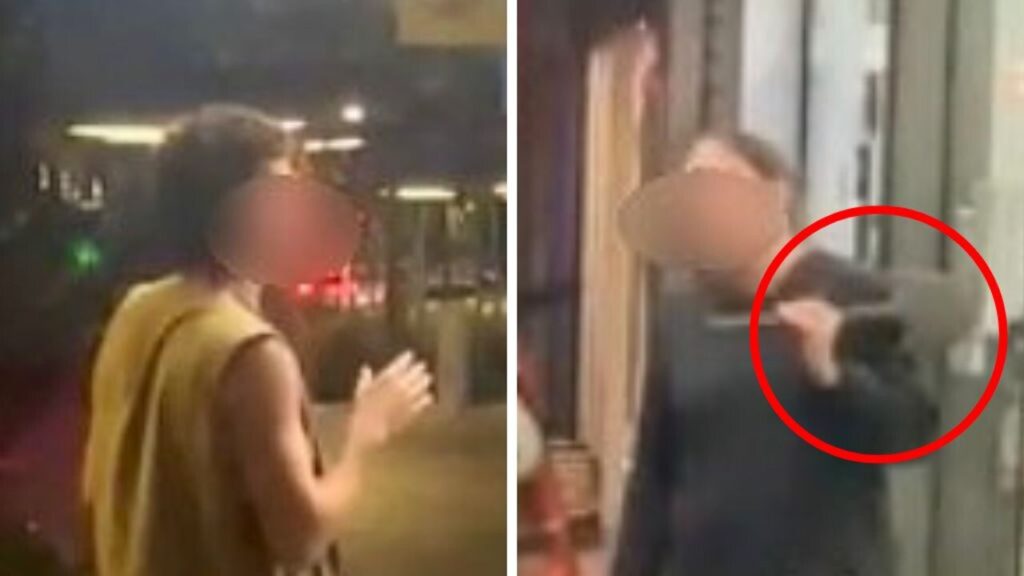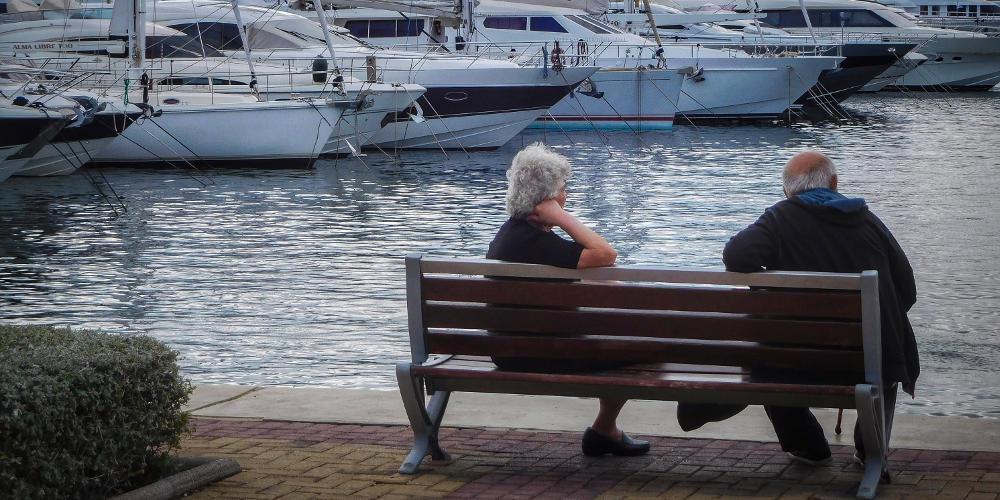Migrant to Australia concerned about ‘woke’ values
Written by admin on September 2, 2024
A man who settled in Australia as a migrant says he is concerned about a “far-left” shift and surging migration.
The man spoke on Monday night’s Q and A on ABC, citing a shift to left politics, “public schools pushing a woke mindset, a surge in immigration of all sorts, (and) wokeness in climate policies with skyrocketing prices”.
“How long before Australia becomes unrecognisable from what it has been, the one that attracted me for its fairness and opportunities, based on nothing else but merits alone?” he asked.
The man said he came to Australia on a merit based system, owned a home and contributed to technological advancements in his field.
Author Maria Thattil said whenever “woke” values are mentioned, it was usually in reference to advocacy for marginalised communities such as the LGBTQI+ community.
“We hide behind the word woke when what we’re talking about is speaking up for communities who need to have their human rights, dignities and freedoms respected,” Ms Thattil said.
Diversity quotas exist because marginalised groups have faced systemic barriers and disadvantages, she said, citing her own experience as a queer woman of colour with two university degrees.
If Australia was truly a meritocracy there would be a representative amount of queer, disabled, and ethnically diverse people in positions of power already, she said.
“We do need these progressive movements to progress people who have started on the back foot and face significant inequity.”
Lawyer and panel member Nyadol Nyuon came to Australia as a refugee, and said “wokeness” like every social movement was not above criticism.
“Merit is an important concept. But it is not without bias,” Ms Nyuon said.
Merit could not become the value with which access to every fundamental human right was measured, she said.
“Despite the fact I came to this country as a refugee, I’m absolutely lucky I went to school I did a law degree, I did a BA, I did practice I worked hard.
“Yet every time I walk in the room, everybody thinks I’m a diversity ‘thing’.”
Women, and women of colour, get “trashed” because people assume they had not worked hard, Ms Nyuon said.
“And that is also destructive,” she said.
A QUESTION ON NUCLEAR
A question from a young man touched on the extreme weather events hitting Australia, using the wild winds and storms over the past few days as an example.
He asked whether politicians will reach a consensus about whether climate change is a man-made crisis, which needs ambitious and “urgent action”.
Federal Liberal member for Flinders Zoe McKenzie told the audience it is brave for her party to have put forward an alternative plan in the form of nuclear energy.
She was quickly interrupted by journalist Jon Faine who asked if she wanted a nuclear reactor in her electorate.
“Jon we have been really clear…” Ms McKenzie began to explain.
Mr Faine again asked: “Do you want one on the Mornington Peninsula?”
Ms McKenzie told the panel there is a “vibrant debate” about where is the right place for a nuclear reactor, as a result of long discussions with the communities who would be affected.
She said it is important to have an ‘honest conversation’.
“Let me tell you how the peninsula is powered over summer. Eight diesel generators,” Ms McKenzie said.
“Dirty diesel generators sitting on the side of the road. That’s how everyone gets their airconditioning.”
Mr Faine again interrupted, saying they were simply a back-up.
“They run the power in summer. They come in just before summertime, November, December and stay there,” Ms McKenzie said.
“PATHETIC” STATE OF HOUSING
The final question of Monday’s show was about why international students and migrants face a cap, as well as “exorbitant fees”, while being blamed for issues such as housing and the cost of living crisis.
”These crises are driven by systemic problems, inadequate policies and wage stagnation. How can the government justify placing blame on international students, migrants and refugees, rather than addressing the root causes?”
Journalist Jon Faine said it was “ridiculous” to link the housing crisis to international students.
He said international students don’t live in the suburbs, but rather student accommodation.
”It’s purpose built and it’s around in little clusters around where universities are,” he said.
”It’s an absolute furphy. The problem with housing is a couple of elections ago we rejected a solution to eradicate negative gearing and turned our back
on that. That’s democracy in action. You have to accept the decision.
”But unless you’ve got the bank of mum and dad behind me, your chances of putting out a deposit for a house in Australia is absolutely zero. It’s appalling and pathetic.”
MP for Bruce Julian Hill said he agreed with some of Mr Faine’s opinion but conceded much of what he said “was not accurate”.
Mr Hill said there are “many” international students who live “right through the suburbs.
”Don’t agree with that,” Mr Faine interrupted.
When asked by host Patricia Karvelas whether international students had an impact on housing, Mr Hill said the government needed a mechanism to manage the numbers.
Ms McKenzie told the panel that up to 760,000 visas had been approved for international students in the past year.
“I was talking to one of our universities in Victoria the other day and they said the international student market only takes up four per cent of the housing,” Ms McKenzie said.
“I said ‘four per cent? You do realise if we released four per cent of the rental market back, we wouldn’t have a rental crisis?’ But you know I said we’re not going to do that but you have to make sure we’re keeping pace in terms of accommodation we’re providing for Australians and for students.”







